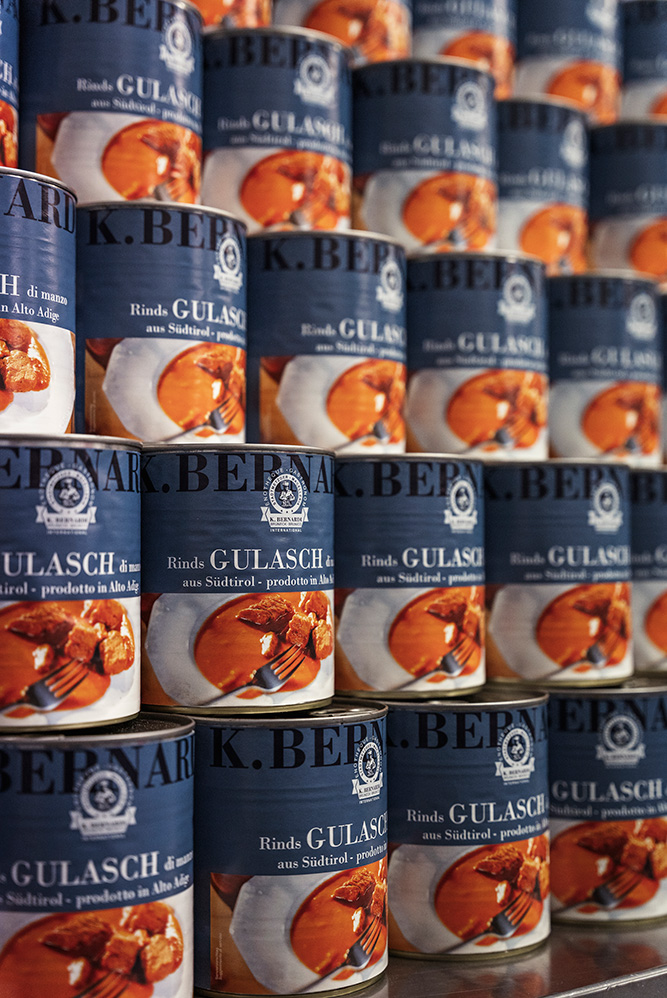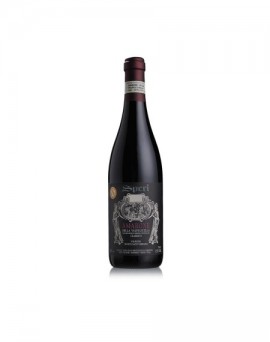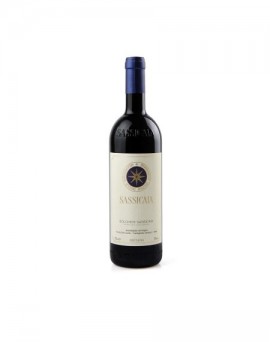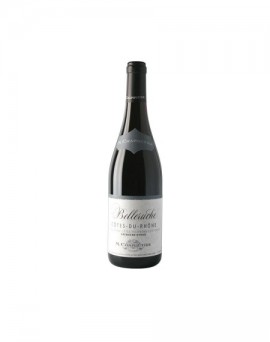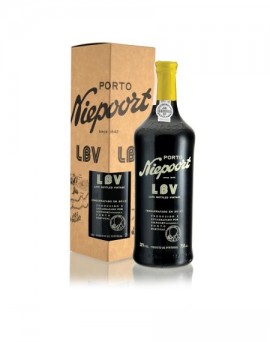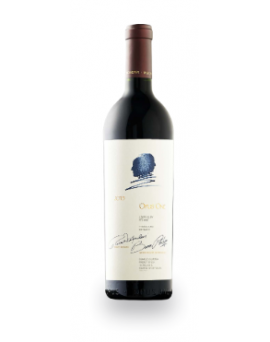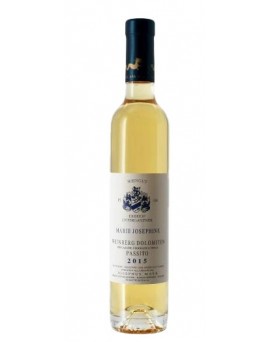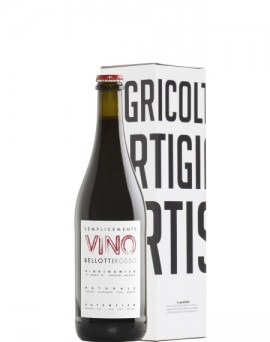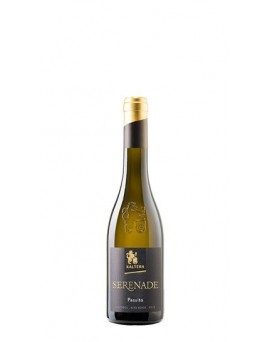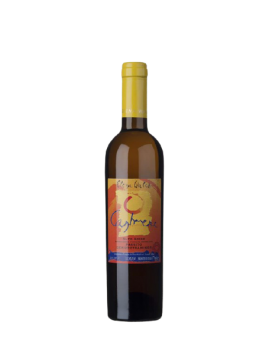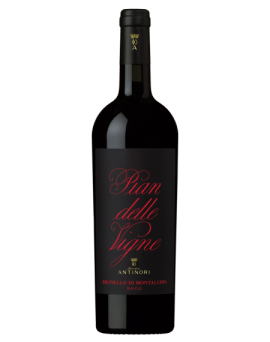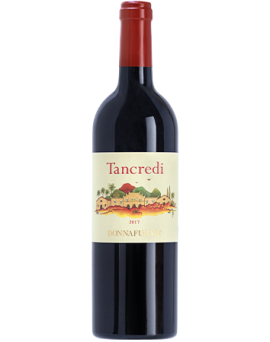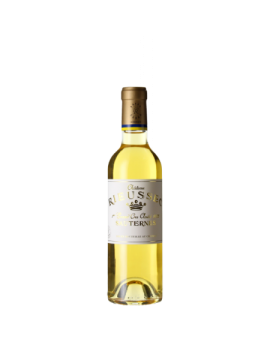TYPE: Bolgheri Sassicaia D.O.C. Sassicaia<br />PRODUCTION AREA: loc. Vecchio Frantoio - Bolgheri ( Livorno ).<br />VINE: Cabernet Sauvignon 85 %, Cabernet Franc 15 %.<br />SOIL TYPE: The land on which the vineyards used for the production of this wine are located is included in the territorial delimitation of the DOC SASSICAIA. They show<br />diverse and composite morphological characteristics, with a strong presence of calcareous areas rich in marl, as well as stones (from which the wine takes its name) and<br />partially clayey. The production facilities are located at an altitude between 100 and 300 metres above sea level, with a west/south-west exposure.<br />VINIFICATION: Grapes are selected using a sorting table to eliminate impurities and any presence of millerandage. Soft and delicate pressing and destemming of the<br />grapes, taking care not to break the integrity of the berries. Subsequent spontaneous alcoholic fermentation in stainless steel at a controlled temperature of around 28°/30°C<br />(without any inoculation of yeasts). Maceration lasted 11-12 days for the Cabernet Franc and 13-14 days for the Cabernet Sauvignon. Frequent pumping over in the open air<br />and repeated délestage operations during alcoholic fermentation resulted in elegant, well-structured musts with an excellent aromatic component. Malolactic fermentation<br />was then completed, again in steel and completely spontaneous, and was completed at the end of November, after which the must was introduced into wood.<br />TRAINING SYSTEM: spurred cordon (very low yield of grapes per vine).<br />COLOUR: Intense ruby red.<br />BOUQUET: the nose expresses itself on hints of ripe red fruits, berries and cola, herbs and toasted almonds<br />PAIRINGS: Deliciously complements refined main courses of red meat or game. Excellent with grilled meat, roast and fillet of beef or with traditional Tuscan dishes based<br />on wild boar.<br />TASTE: on the palate, the taste is austere, rich and compact. It shows a sustained body and a good acid component. It progresses on notes of dried fruit, with a deep,<br />persistent finish.<br />DESCRIPTION: The name of Tenuta San Guido is inextricably linked to the origins of a famous wine that is considered one of the best wines in the world, Sassicaia. Since<br />1968, the year in which the first vintage was marketed, Sassicaia has achieved unexpected worldwide fame, growing year by year. The Tenuta San Guido, named after San<br />Guido della Gherardesca who lived in the 13th century, is a historic winery in the Bolgheri area, located along the Etruscan coast from Livorno to Grosseto in the Tuscan<br />Maremma. Covering a total area of around 2500 hectares, the company can currently count on ninety hectares under vine, including 75 hectares dedicated exclusively to the<br />production of Sassicaia, the latter being the brainchild of Marquis Mario Incisa della Rocchetta, who wanted to create a great Bordeaux-style wine. After moving to the<br />Tuscan estate in the second half of the 20th century, he began experimenting, planting a few cuttings of French vine varieties in an area that had hitherto been completely<br />unknown from a viticultural point of view. He managed to understand the potential of the Bolgheri area and of the very land on which he had planted the cuttings, which had<br />unique characteristics in terms of microclimate, very similar to the Graves and Bordeaux areas, and a stony soil, a sassicaia in fact, to which this extraordinary wine owes<br />its name. The quality of the product has allowed Sassicaia to achieve an unparalleled record: it is the first Italian wine from a specific winery to have a reserved DOC. The<br />Bolgheri Sassicaia appellation belongs exclusively to the Tenuta San Guido of the Incisa della Rocchetta family: the existing regulations in fact state that the area of<br />production of Bolgheri Sassicaia DOC is limited to the Sassicaia estate and that the grapes must consist of a minimum of 80% Cabernet Sauvigno.<br /><br />AGEING: At the end of malolactic fermentation the wine was put into French oak barriques, (one third new wood and the rest first and second passage) where it spent a<br />period of 24 months maturing, always keeping the masses separated by vineyard provenance and monitored in the long selection process. The selected masses were<br />blended at the end of December, i.e. a month and a half before bottling and subsequent ageing in glass before release.<br />
Price
€328.00

